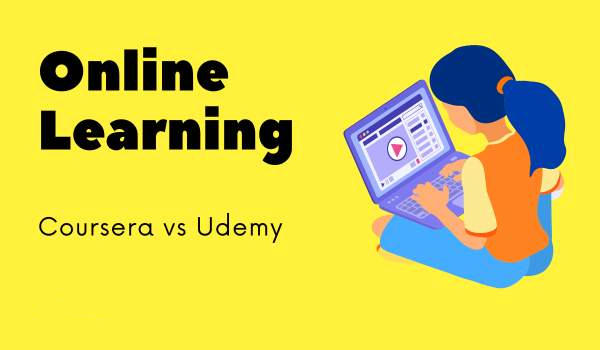When it comes to online learning platforms, Coursera and Udemy are two of the most popular options available to students seeking to enhance their skills or pursue a new career path. Both platforms offer a wide range of courses taught by industry experts, but there are some key differences between the two that prospective students should consider before making a decision. Coursera is known for its partnership with top universities and institutions, such as Stanford, Yale, and Google.
This allows students to access high-quality courses that are often taught by professors from these prestigious institutions. The courses on Coursera tend to be more academically focused and structured, with set start and end dates and assignments that must be completed to earn a certificate of completion. This can provide a more traditional learning experience for students who prefer a more structured approach to online learning.
On the other hand, Udemy is a platform that allows anyone to create and sell courses on virtually any topic. This means that Udemy offers a much wider range of courses than Coursera, covering everything from coding and marketing to photography and personal development.
The courses on Udemy are typically more flexible, allowing students to learn at their own pace and access the course material at any time. While the quality of courses on Udemy can vary, many students appreciate the diverse range of topics available on the platform. In terms of pricing, Coursera operates on a subscription model, where students pay a monthly fee to access all of the courses on the platform. This can be a cost-effective option for students who plan to take multiple courses over a longer period of time. Udemy, on the other hand, operates on a per-course pricing model, where students pay a one-time fee to access a specific course.
This can be a more budget-friendly option for students who only plan to take a few courses or who want to try out different topics without committing to a subscription. When it comes to course quality, Coursera courses are generally well-regarded for their academic rigor and high production value. The platform also offers features such as peer-graded assignments and discussion forums, allowing students to engage with their peers and instructors.
Udemy courses, on the other hand, vary in quality depending on the instructor, but many students find the platform to be a valuable resource for learning practical skills that can be applied directly to their careers. In conclusion, both Coursera and Udemy offer valuable resources for students looking to expand their knowledge and skills through online courses. Ultimately, the choice between the two platforms will depend on factors such as course structure, pricing, and the specific topics that students are interested in. Regardless of which platform students choose, both Coursera and Udemy can provide a valuable learning experience that can help students achieve their academic and professional goals.

